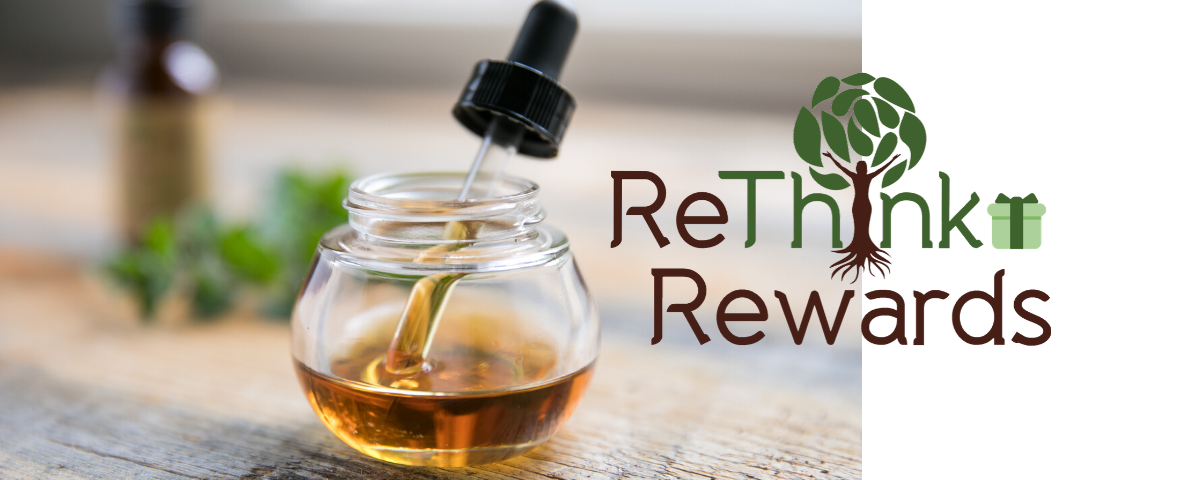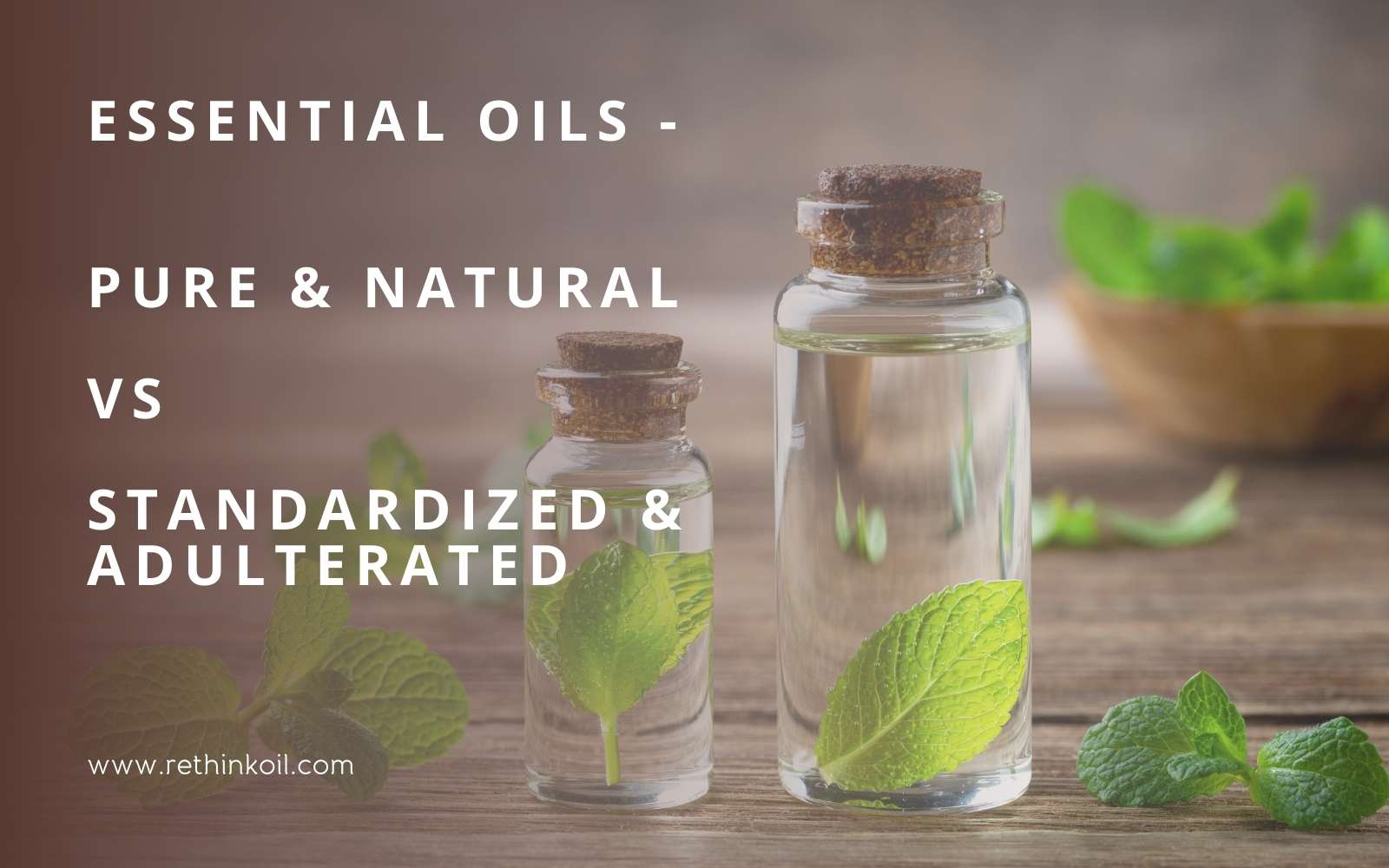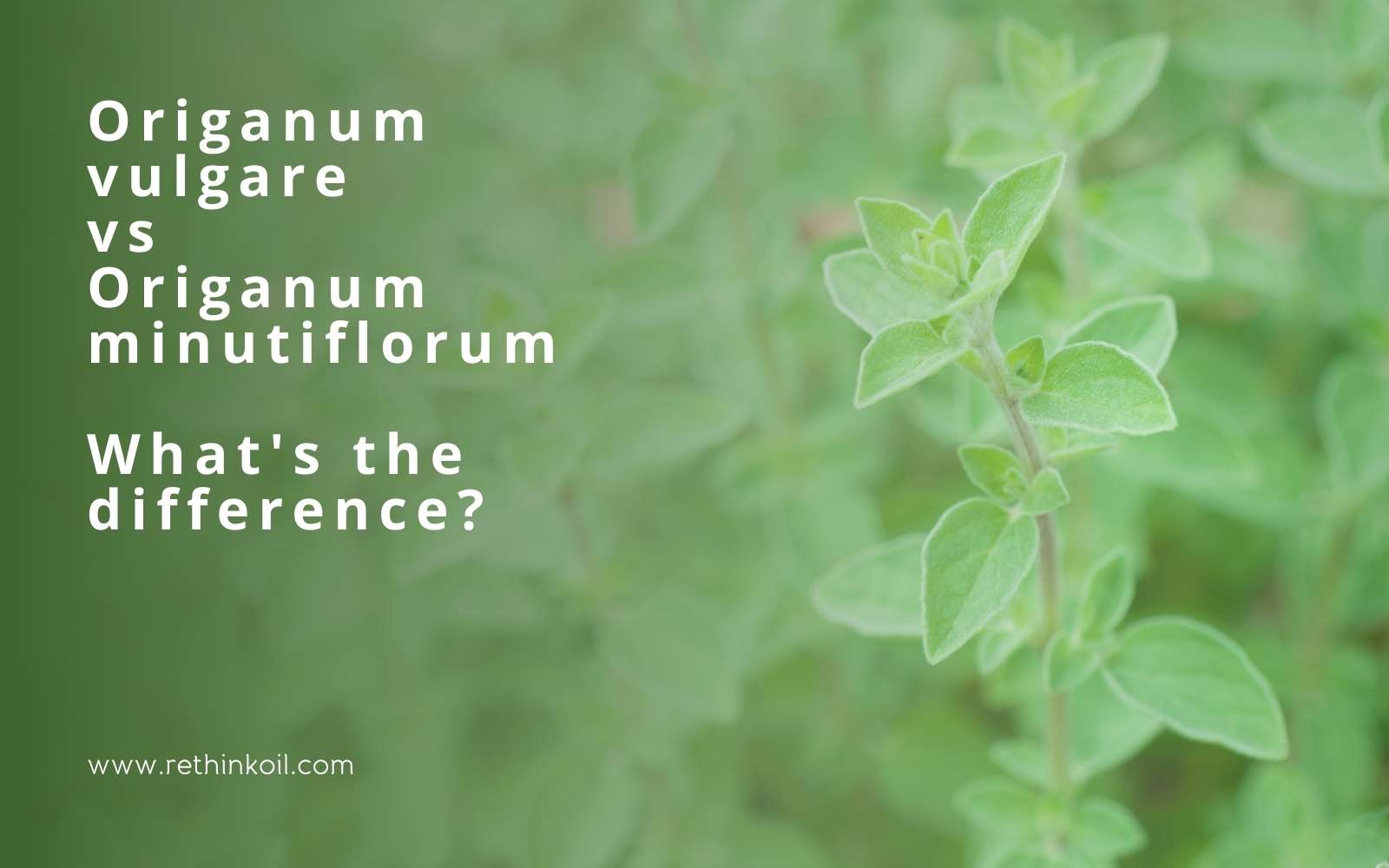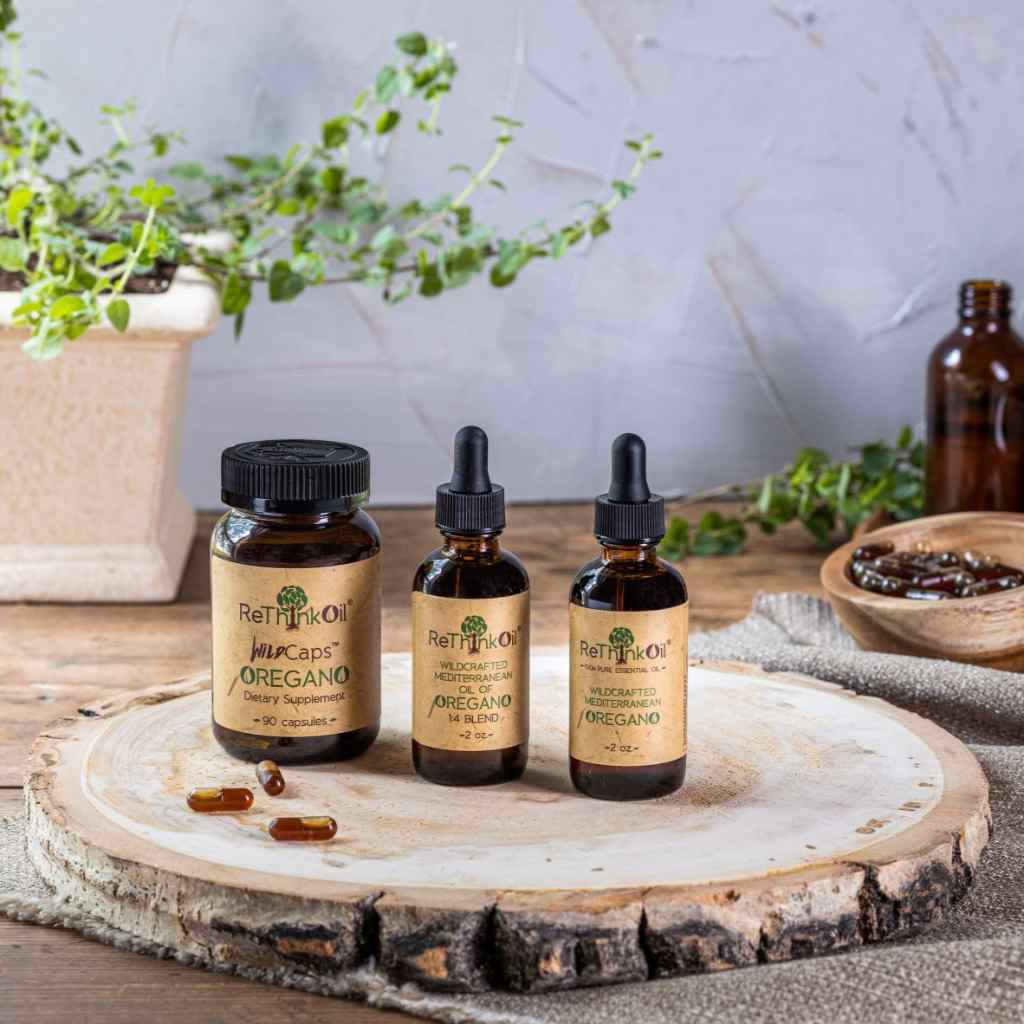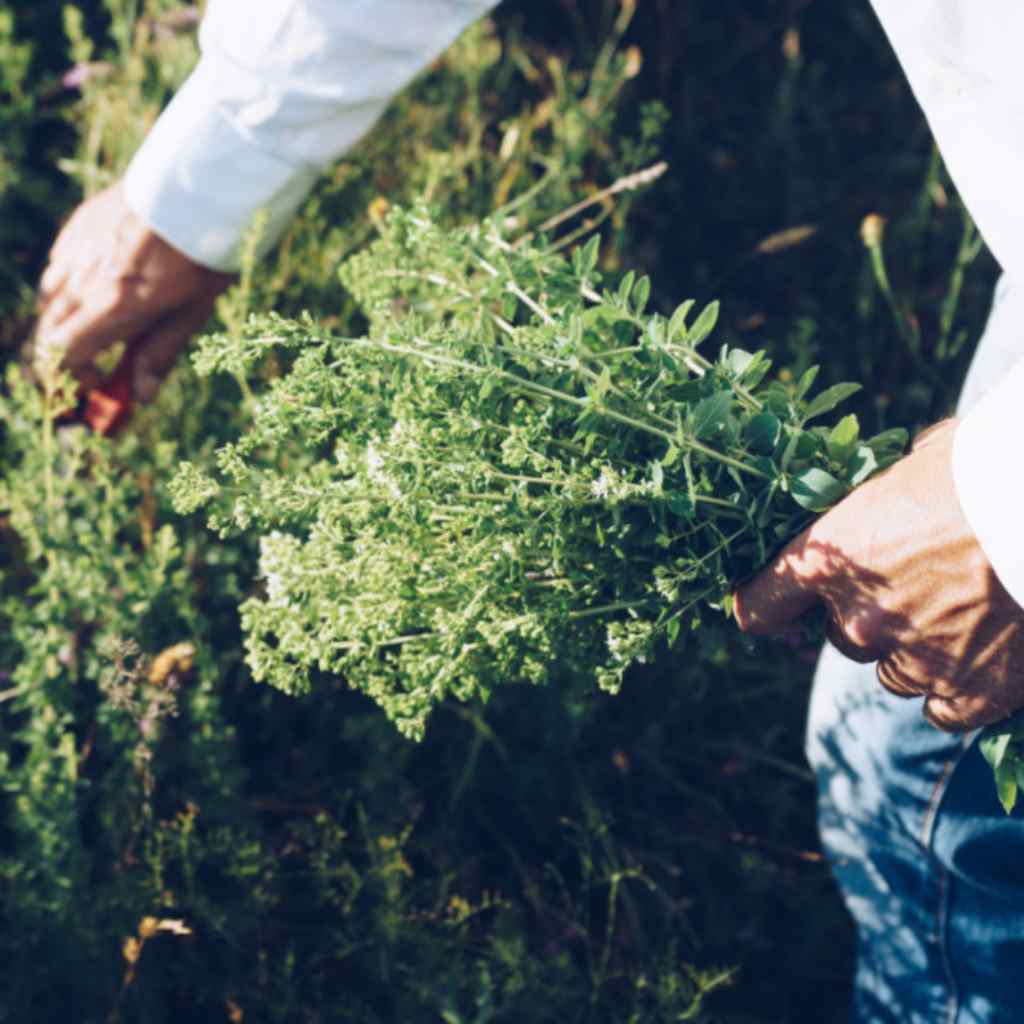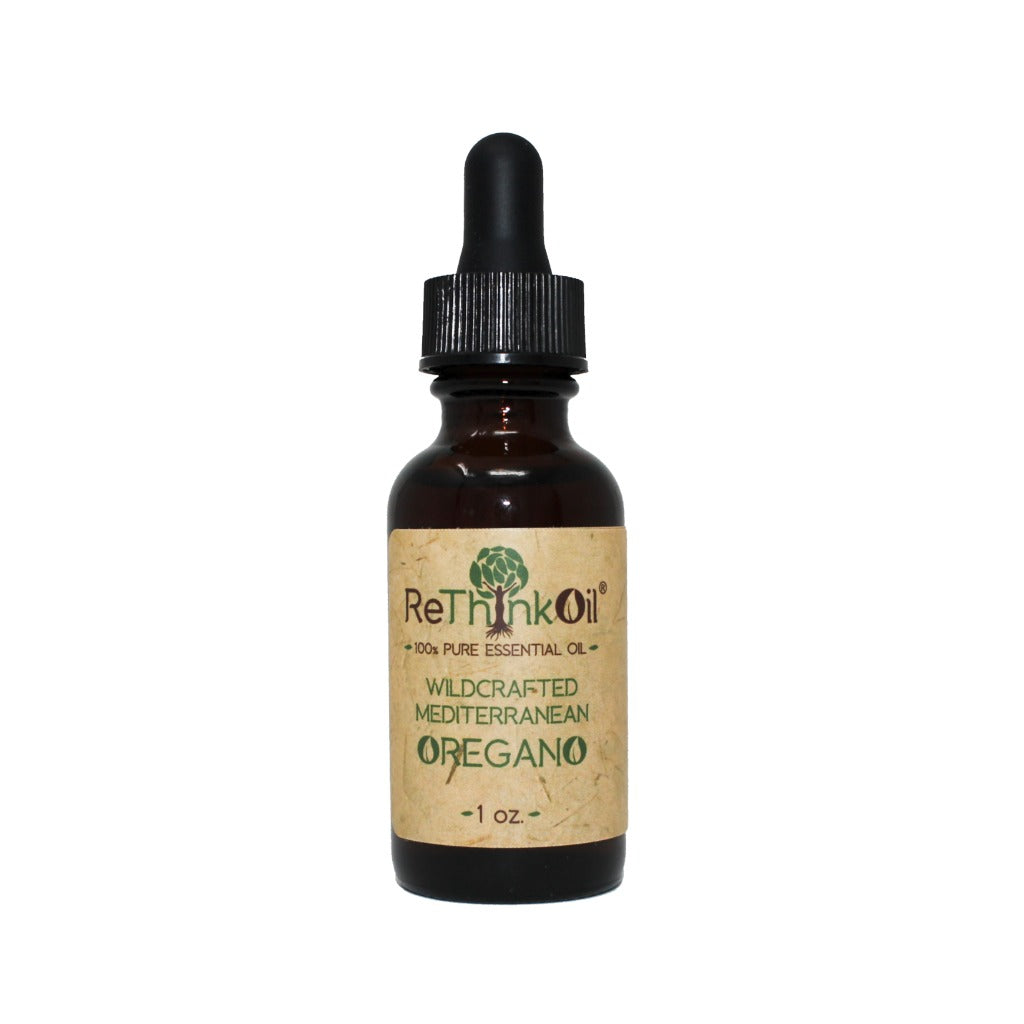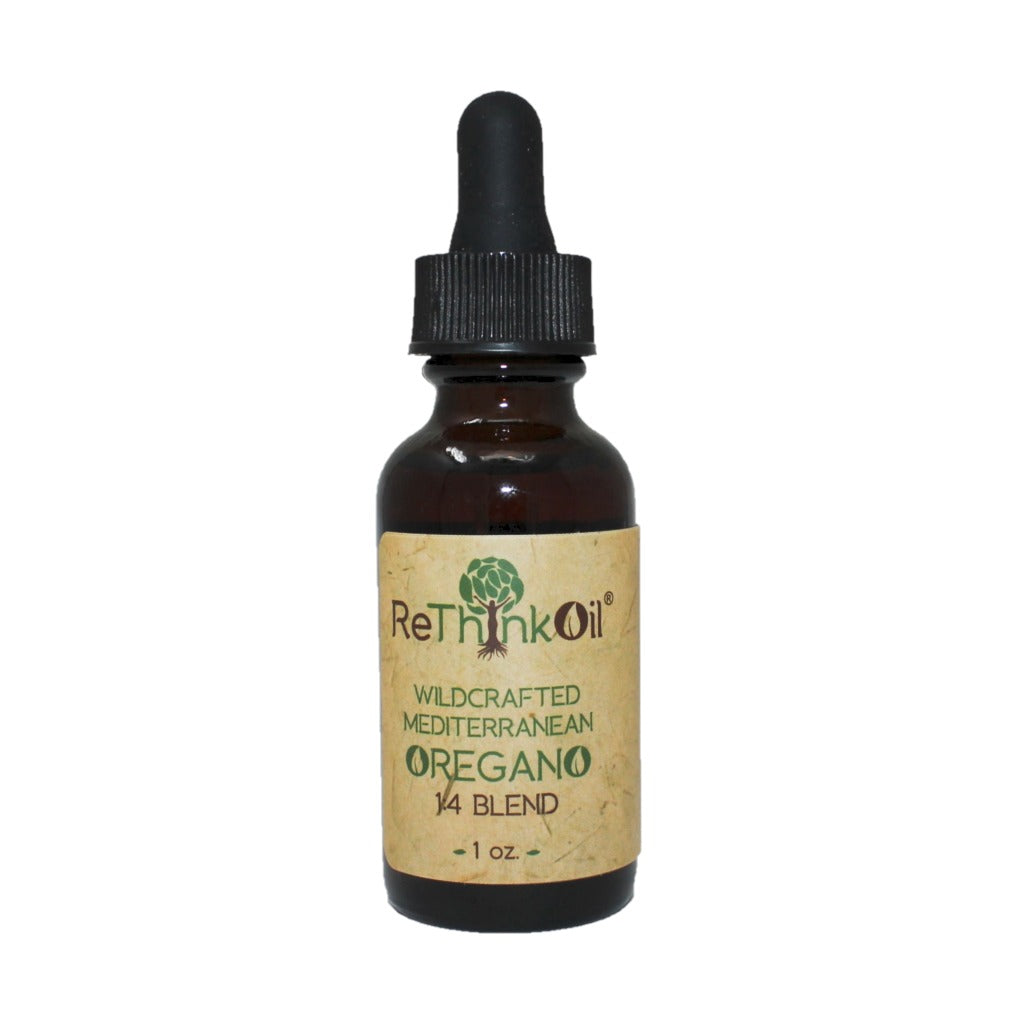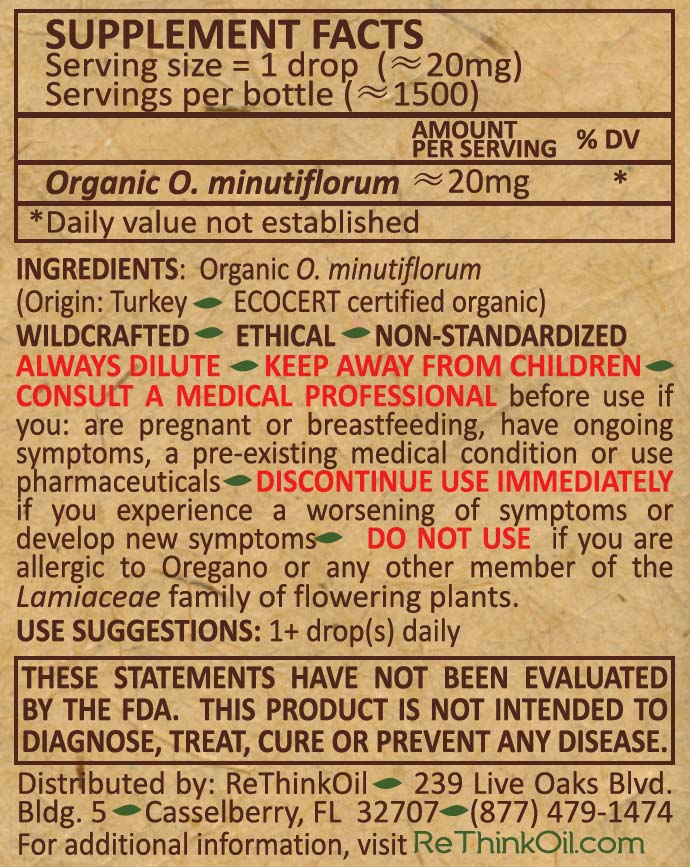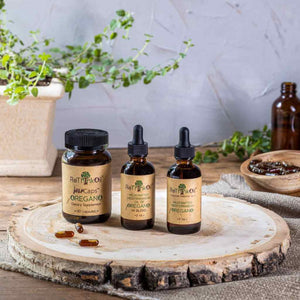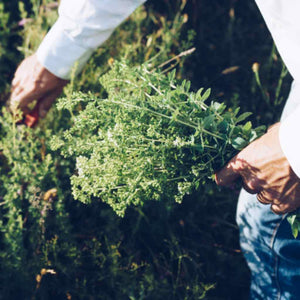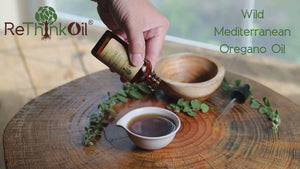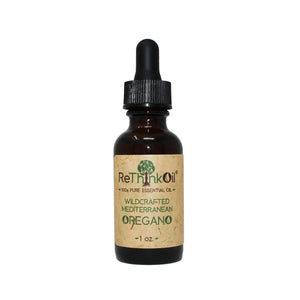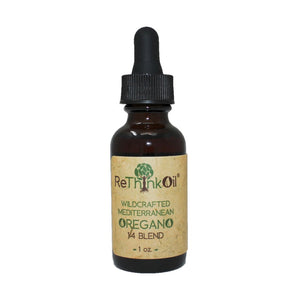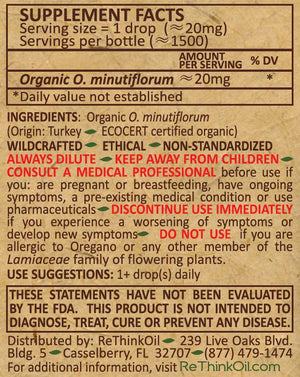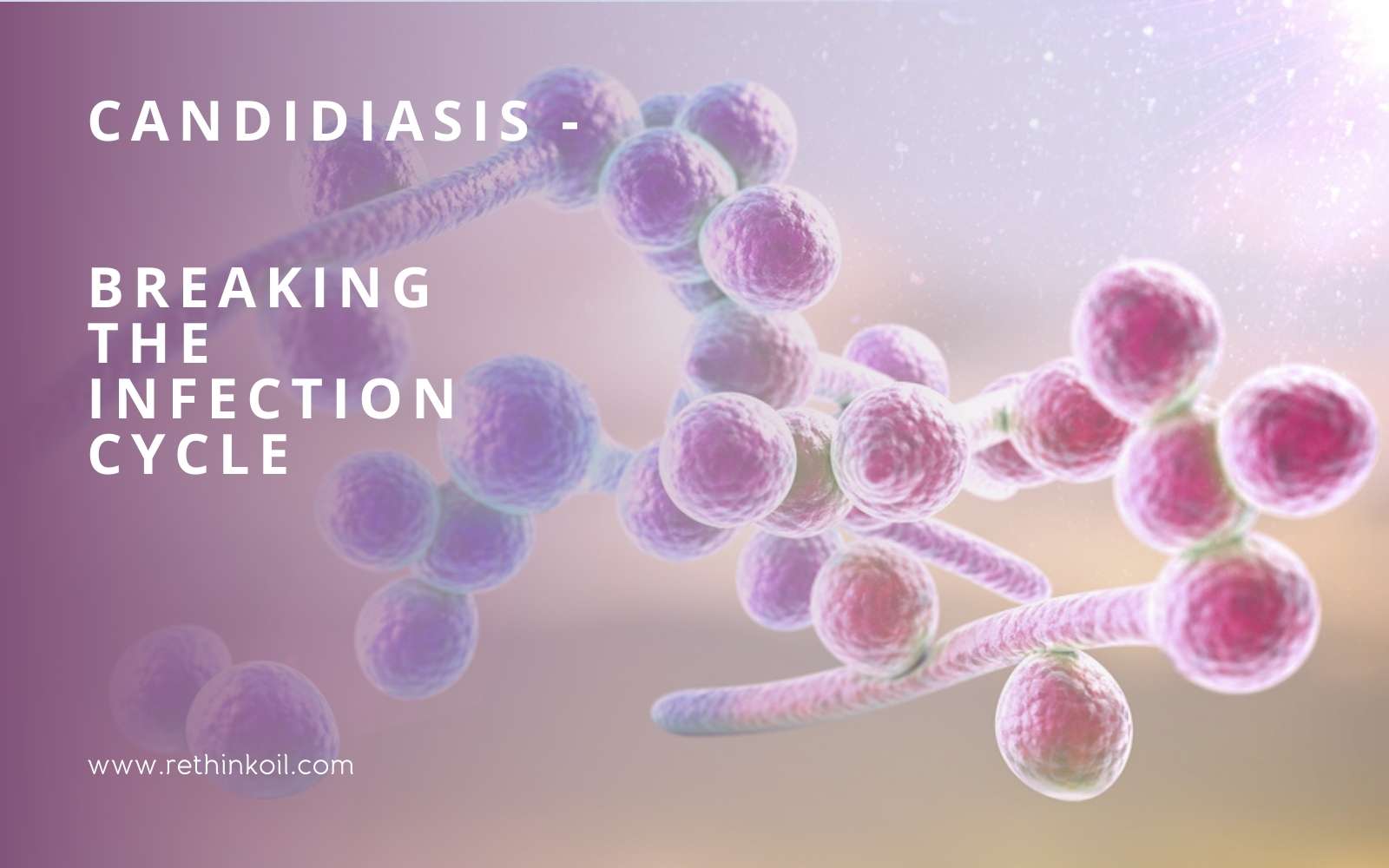
Scroll down for a detailed list of supportive supplements for candida...
What causes the typically harmless Candida yeast to proliferate into infections that invade the skin, mouth, throat, esophagus, and vagina—not to mention invasive infections that affect the blood, heart, brain, eyes, bones, and other areas?(1)
The answer often lies within the gut, where immune responses are highly regulated. Chronic inflammation in the gut disrupts the balance of flora, allowing the otherwise harmless Candida to grow unchecked and develop into candidiasis. When we have a healthy number of good bacteria, they help keep harmful bacteria and fungi in check.
Various factors can disrupt this balance, setting the stage for Candida and other pathogens to proliferate.
Contributing Factors
These factors include, but are not limited to, the use of antibiotics, steroids, and nonsteroidal anti-inflammatory drugs (NSAIDs). The Standard American Diet (SAD), which is high in sugar, fat, additives, and preservatives—mostly in the form of processed and fast foods—also contributes to the imbalance of gut bacteria.
Recognizing these common factors will help maximize your treatment protocol with the goal of breaking the Candida proliferation cycle.
Preventative and Treatment Measures
Diet is the first line of defense against candidiasis. Refined sugars and carbohydrates, which turn into sugars, provide Candida with an "all-you-can-eat" buffet, allowing it to proliferate. Failure to eliminate these sugars will only prolong treatment.
For the best outcome, a diet free from refined carbohydrates and refined sugars should be followed throughout the treatment protocol. Doing this will allow antimicrobials to do their job more efficiently, without the continual proliferation cycle in play.
Antifungals are designed to kill fungal overgrowth, but issues with drug resistance and recurring infections are common. Natural antifungals can be used to enhance prescription antifungals and may even help "reverse resistance."
“The selectively fungicidal characteristics and ability to restore fluconazole susceptibility in resistant isolates signify a promising candidature of thymol and carvacrol as antifungal agents in combination treatments for candidiasis.” (2)
Commonly used natural antifungals include oregano, olive leaf, black seed, pau d’arco, caprylic acid, undecylenic acid, garlic, berberine, echinacea, grape seed extract, aloe, and biotin.
Probiotics replenish good bacteria as yeast is killed off. Enough good bacteria are required to keep Candida overgrowth at bay. Beneficial probiotics for candidiasis treatment include strains of Lactobacillus (rhamnosus, acidophilus, lactis, casei, paracasei, plantarum, reuteri, and fermentum) and Bifidobacterium (bifidum, animalis, and breve). Although not a probiotic, Saccharomyces boulardii is a transient yeast used along with probiotics can also help repopulate friendly bacteria in those with Candida.
The strains rhamnosus, casei, and bifidum are particularly helpful in digesting toxins that are naturally released when fungi and bacteria die off. These toxins are responsible for the die-off symptoms (Herxheimer reaction) that some people experience when using natural antimicrobials.
Antibiofilm agents work to degrade the biofilm that naturally forms to protect Candida from treatment. This biofilm is a defense mechanism used by fungi and bacteria and is often associated with chronic infection cycles.
Chronic fungal infections often involve stubborn biofilms and persister cells. Breaking through the biofilm and persisters is essential to expose and eliminate the underlying Candida with antifungal treatments.
Read more about biofilm here.
While many natural antimicrobials also have antibiofilm properties, more resistant infections may require additional antibiofilm treatment. Some natural antibiofilm agents include oregano, black seed, curcumin, berberine, boswellia, ginkgo, bromelain, papain, quercetin, trypsin, serrati peptidase, ozone therapy, NAC, zinc, and EDTA.
Supportive supplements for candida (detailed list):
Approaching candida with a multifaceted mindset will yield the best results. Using a blend of natural antimicrobials will enhance synergy, as compared to using single herbs. These supplements have various antimicrobial properties that can directly attack Candida and are often used alongside dietary and lifestyle changes to combat overgrowth:
- Caprylic Acid: A fatty acid derived from coconut oil, caprylic acid can disrupt Candida cell membranes, leading to cell death.
- Undecylenic Acid: A potent antifungal that helps inhibit the growth of Candida.
- Oregano Oil: Contains carvacrol and thymol, which have strong antifungal properties. Studies suggest oregano oil can damage Candida's cell walls, inhibiting its growth.
- Olive Leaf Extract: Rich in oleuropein, olive leaf extract has both antifungal and immune-boosting properties.
- Pau d’Arco: This herb, from the inner bark of the Lapacho tree, contains antifungal compounds that have been used traditionally to fight Candida infections.
- Garlic: Contains allicin, a compound that has antifungal and antimicrobial properties and can inhibit Candida growth.
- Black Seed Oil (Nigella sativa): Known for its antifungal and immune-enhancing properties.
- Berberine: A plant compound with broad-spectrum antimicrobial properties, berberine can inhibit Candida and help balance gut flora.
Probiotics help restore the balance of healthy bacteria in the gut, crowding out Candida and supporting a healthy microbiome:
- Lactobacillus species (L. acidophilus, L. rhamnosus, L. casei, L. plantarum, L. paracasei).
- Bifidobacterium species (B. bifidum, B. breve, B. lactis): These strains can promote gut health, reduce inflammation, and help prevent Candida overgrowth.
- Saccharomyces boulardii: A beneficial yeast that can outcompete Candida and help restore gut balance by improving the health of the intestinal lining.
Digestive enzymes help break down food more effectively and reduce the availability of sugars that feed Candida:
- Cellulase and Hemicellulase: These enzymes help break down the biofilm that Candida forms, which allows antifungals to be more effective in targeting the yeast.
- Protease: Helps digest proteins and can aid in reducing Candida-induced inflammation by breaking down yeast cells.
- Lipase and amylase: Helps digest fats and starches. *Combine with other enzymes (such as those found in digestive enzyme formulas) can help to assist in the overall digestion of food, contributing to improved candida symptoms.
Biofilm formation is one of the ways Candida protects itself from antifungal treatments. Antibiofilm agents help break down this defense:
- N-acetylcysteine (NAC): A precursor to glutathione, NAC has both antioxidant and antibiofilm properties, which can help disrupt Candida biofilm formation.
- Serratiopeptidase: An enzyme that can break down biofilms, allowing antifungals to work more effectively.
- Curcumin: The active compound in turmeric, curcumin has anti-inflammatory, antifungal, and antibiofilm properties. It helps to weaken the biofilm matrix, allowing antifungals to penetrate more effectively.
- Berberine: Berberine, an alkaloid found in plants like goldenseal and Oregon grape, has strong antifungal and biofilm-disrupting properties. It inhibits the growth and biofilm formation of Candida.
- Black Seed Oil (Nigella sativa): Black seed oil contains thymoquinone, which has been shown to have antifungal and antibiofilm properties. It helps to break down biofilms, allowing antifungal treatments to work more efficiently.
- Oregano Oil: Oregano oil is one of the most potent natural antibiofilm agents available. Oregano contains carvacrol and thymol, which exhibit strong antifungal and antibiofilm activities. It is capable of disrupting the biofilm structure, exposing Candida to antifungal compounds.
- Bromelain and Papain: These proteolytic enzymes from pineapple (bromelain) and papaya (papain) help break down proteins in the biofilm matrix, weakening Candida biofilms and making antifungal treatments more effective.
- Quercetin: A flavonoid with antioxidant and anti-inflammatory properties, quercetin has been shown to disrupt Candida biofilms. It also reduces inflammation, which can be exacerbated by chronic Candida infections.
- Boswellia (Frankincense): Boswellia is known for its anti-inflammatory and biofilm-disrupting properties. It can inhibit biofilm formation, making it an adjunctive therapy in Candida treatment.
- Zinc: Zinc has been found to disrupt biofilm formation by interfering with the quorum sensing mechanisms that Candida uses to form biofilms.
- EDTA (Ethylenediaminetetraacetic acid): EDTA is a chelating agent that binds to minerals within biofilms, destabilizing the matrix and making the biofilm more susceptible to antifungal agents.
- Ginkgo Biloba: Ginkgo has antioxidant properties and can disrupt biofilm formation, allowing for more effective elimination of Candida.
- Effectiveness: Primarily used in combination with other natural agents.
Supporting the immune system is crucial when fighting Candida overgrowth, as a well-functioning immune system helps keep Candida levels in check:
- Vitamin C: Boosts the immune system and supports the body's natural defenses against infections.
- Vitamin D: Low levels of vitamin D have been associated with a higher risk of infections, including Candida. Supplementing can support immune function.
- Zinc: Plays a critical role in immune function and helps the body fight fungal infections.
Several herbs have antimicrobial properties. Antimicrobial, anti-inflammatory, and immune-modulating properties that can help fight Candida:
- Aloe Vera: Has antimicrobial properties that can help reduce fungal overgrowth.
- Echinacea: Known for its immune-boosting and antimicrobial effects, it can help the body fight off infections like Candida.
Since the liver is responsible for detoxifying the body, supporting liver function is important when clearing Candida die-off products (toxins):
- Milk Thistle: Supports liver function and can help the body process the toxins released when Candida cells die.
- Curcumin: Found in turmeric, curcumin has potent anti-inflammatory and antioxidant effects that can support liver detoxification and reduce inflammation caused by Candida.
Biotin, a B vitamin, can inhibit Candida from switching to its more aggressive hyphal form, which invades tissues. Supplementing with biotin can help prevent this transformation.


